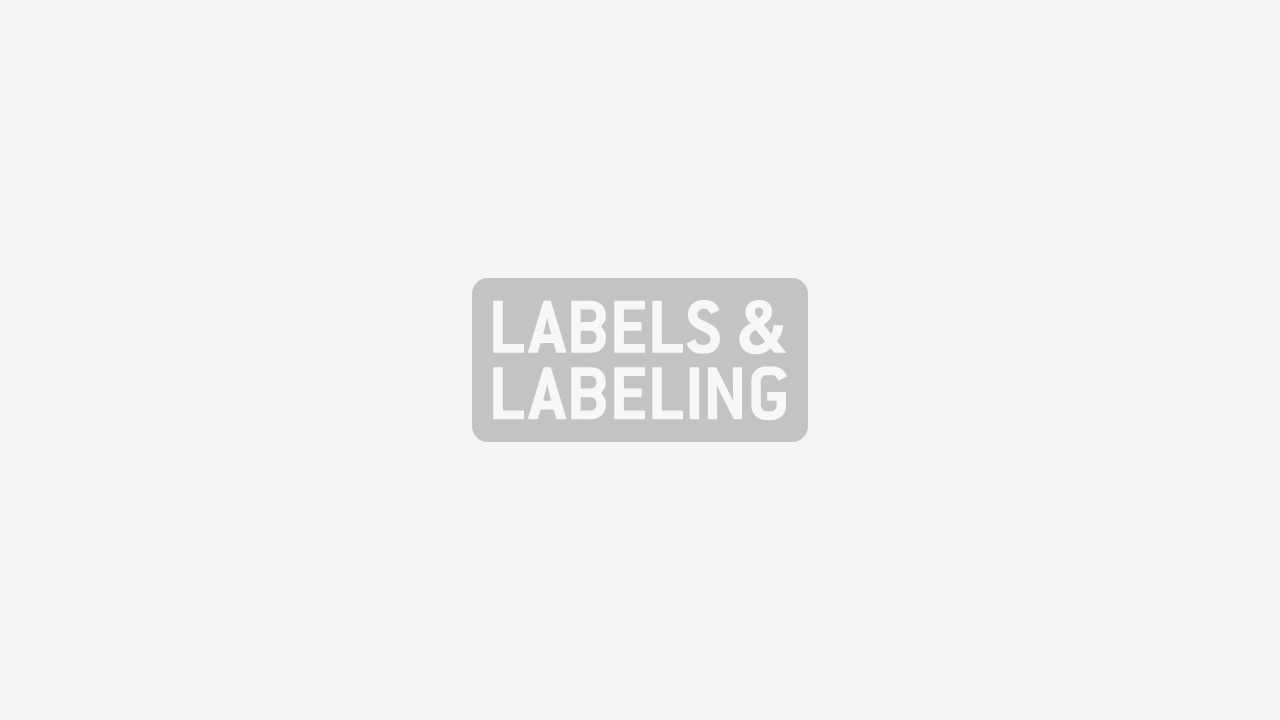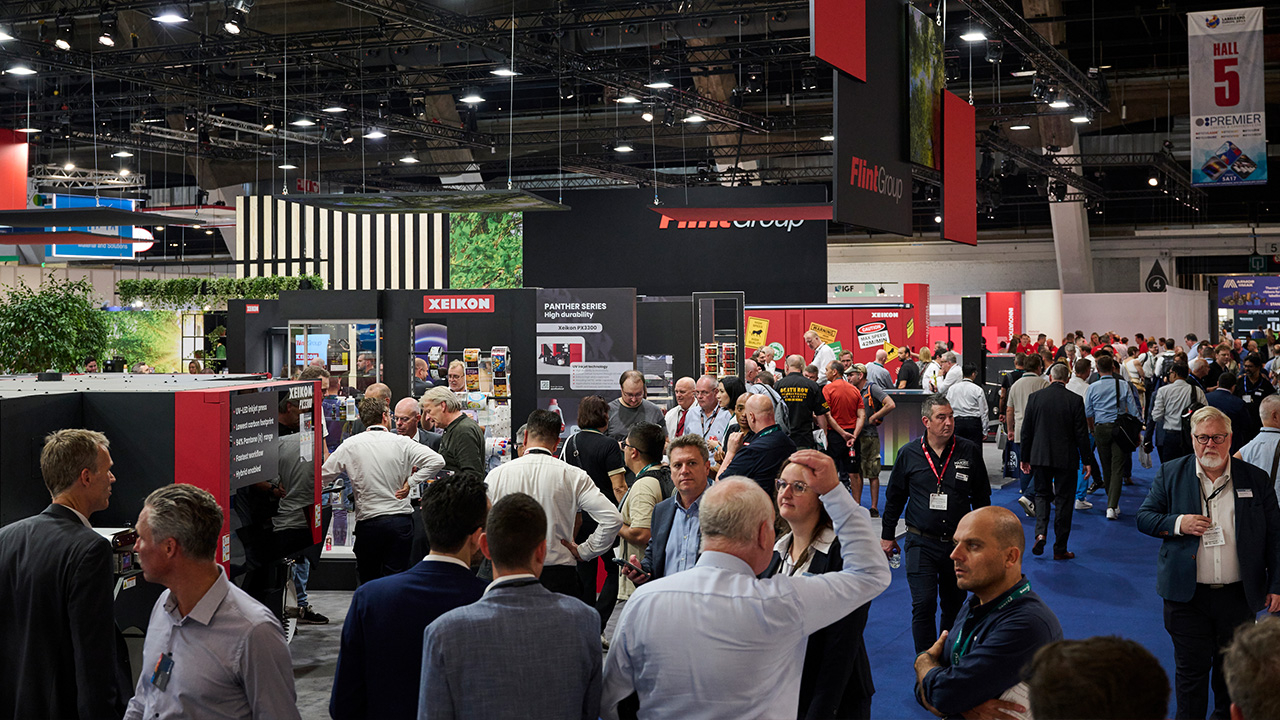Andy Thomas: Earth Shock

There was a shocking moment at the recent Finat congress in Athens when Louis Lindenberg, Unilever’s global packaging sustainability director, told delegates that no solution exists to the problem of separating silicone from paper release liners so they can be recycled.
How is it possible, asked delegates, that our industry has been unable to get this important message across to the world’s leading consumer product brand? In our industry circle we fully understand that the technical problems of de-siliconization have been solved in Europe, with schemes offered by C4G and UPM Raflatac’s recently announced RafCycle program. The latter is based around UPM’s paper mill in Plattling, Germany, where the liner is processed into pulp to be used as raw material for UPM paper products – a true ‘cradle to cradle’ option which Unilever would surely welcome.
The fact is that as an industry, we are not good at publicizing our achievements to the wider world, despite all the best efforts of organizations like Finat and TLMI, and now the L9 grouping of the world’s major label associations.
What is needed is a forum through which we can communicate directly with the Unilevers and the P&Gs and let them know about the sustainability initiatives we are undertaking and how they can become a part of them.
The biggest problem faced by Europe’s liner desiliconization plants is the failure of the big brand owners and their co-packers to collect, sort and return liner waste, even when our industry is offering to set up the logistics network. Too many end users still persist in seeing separation of liner waste as a cost rather than a sustainable solution to an issue which could still threaten the future of this most vibrant of industries.
So after L9, why not L9+? Time to bring the brands into the labeling circle.
Andy Thomas
Group managing editor
Labels & Labeling
Stay up to date
Subscribe to the free Label News newsletter and receive the latest content every week. We'll never share your email address.


